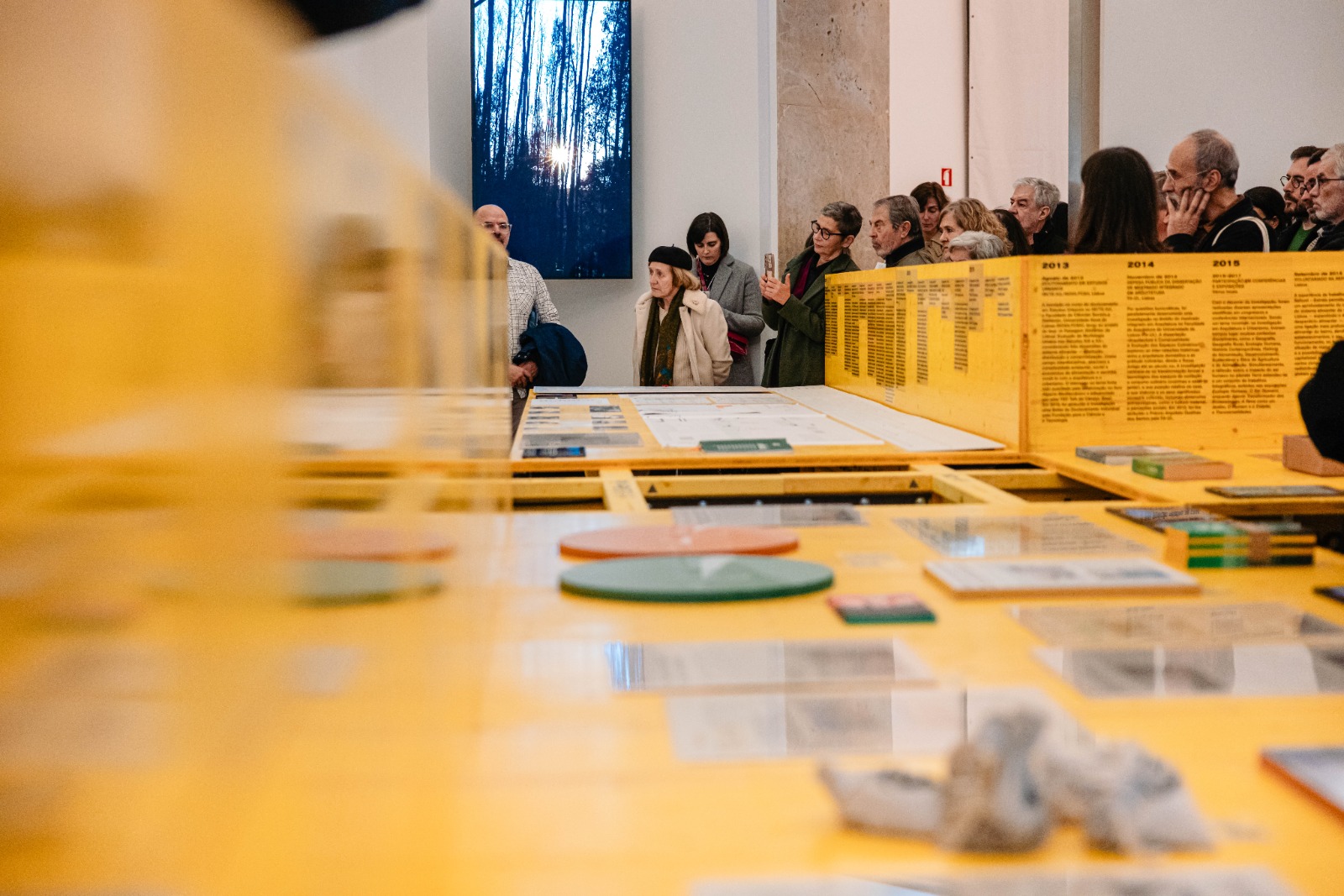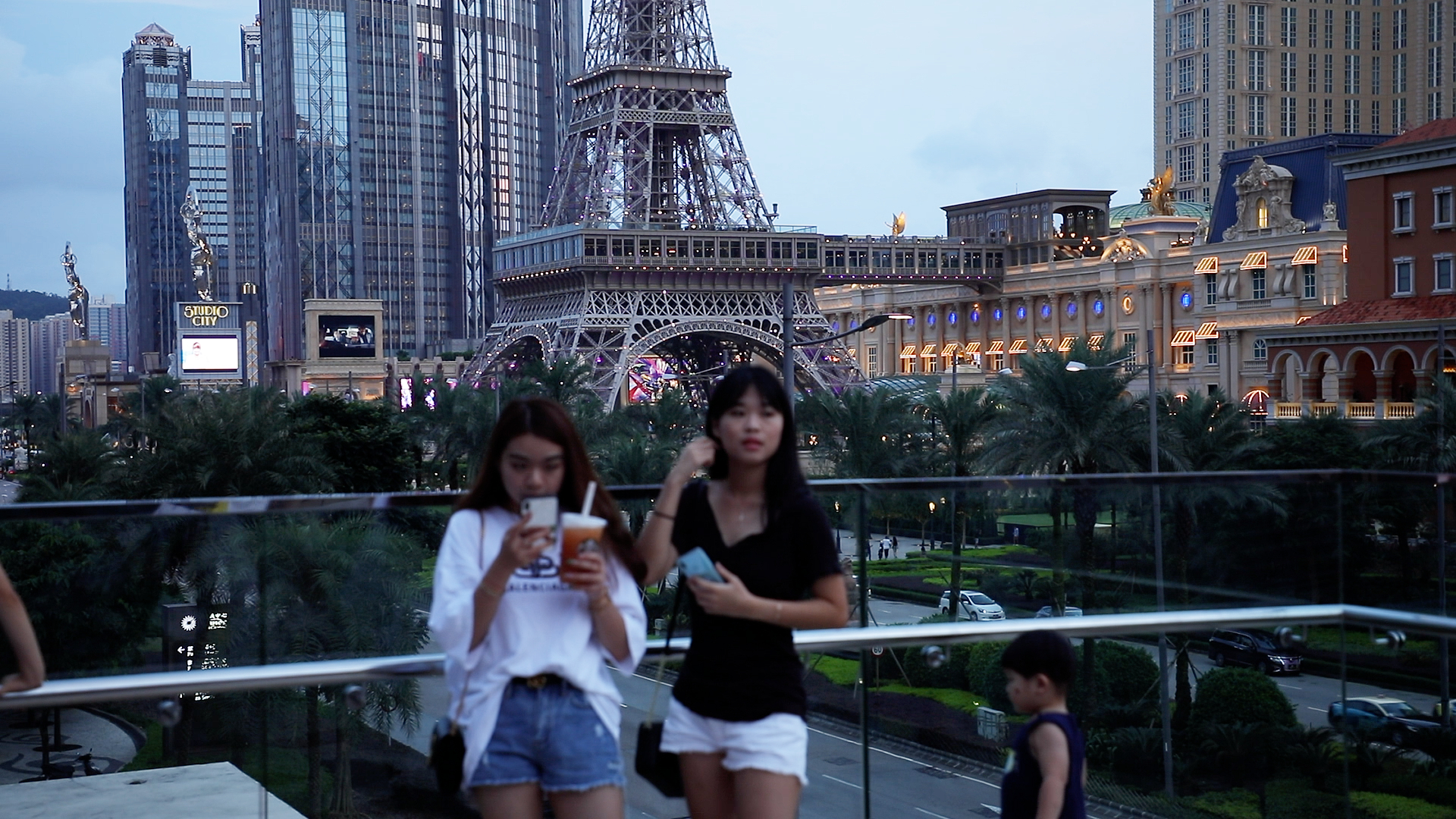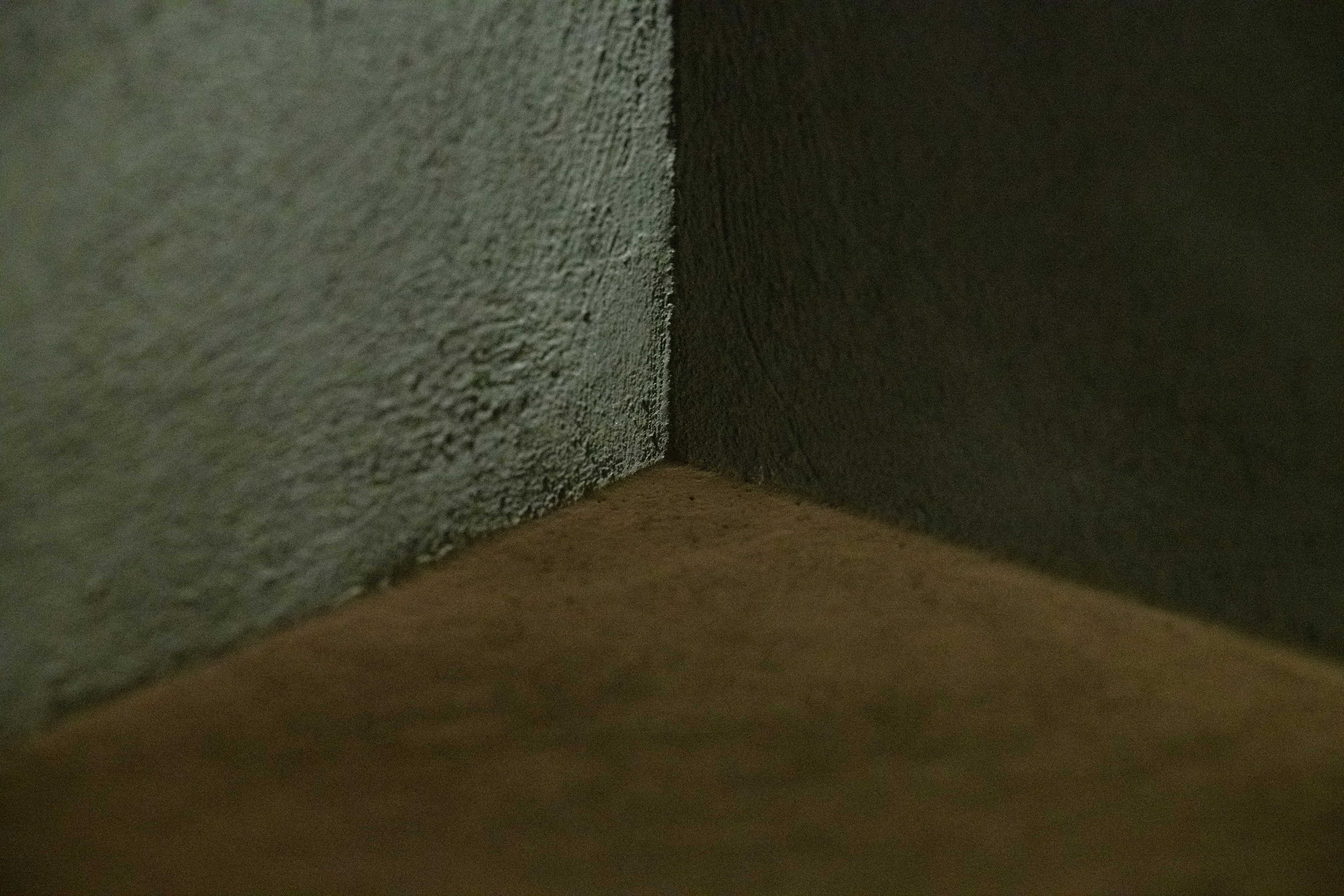Água
Pedro Vaz and Moirika Reker Gilberto Reis
2015
até
18
January 2015
Museu da Água
Registration open
27
November 2014
to
18
January 2015
Museu da Água
Moirika Reker Gilberto Reis (MRGR) are an artist duo who, along with Pedro Vaz, share a deep ethical relationship with art.
MRGR are artists who look with great skepticism at the contemporary vortex of image creation. Their work has become progressively more reflective and less prolix, as they believe that the artist should be on the side of ideas rather than images. A new image produced is only admissible if it is extremely necessary. Their work has progressively moved closer to the word, which manifests itself through the creation of poetic texts that affirm the artists' ethical position in relation to the world they inhabit. Her work favors subtlety over obviousness, restraint over expressiveness. Its presence on the regular circuits of contemporary art has been voluntarily reduced, and only coincides with moments when the artists consider its presence to be relevant, making it a remarkable exercise in probity.
The artwork presented here is a triptych made up of photographic images that the artists refer to only as reflection surfaces. They are manipulations or inscriptions of light on a surface, but they really only matter to them as manipulated surfaces that reflect back to us the world in front of them, which will always be a humanized landscape since the work is only complete with the presence of the viewer who contemplates it and who, through their inalienable human condition, humanizes it. They are works that, for this reason, claim the primary status of art as a singular process of representation — re-presentation — of the world, and this re-presentation will always be a realignment, a reconstruction that results from a deconstruction.

Triptych — diasec, 120 × 360 cm
Artwork installation at Museu da Água
Pedro Vaz resists showing us the finiteness of what is represented, the contours that fix it, that stabilize it, the photographs are left behind in the succession of the route, the waterfall is intentionally blurred and the liquid substance becomes a pulsation of light and color where the form loses its thickness.
Pedro Vaz's landscaping is also the product of a contradiction, as was Constable's and Turner's, cultural products of nascent capitalism and the industrial revolution. We live in a post-Fordist era and our daily lives, our travels and our stays are carried out in a territory occupied by “monuments to the non-historical present”: quarries transformed into contaminated lakes, the splendours of industrialization transformed into cemeteries of dead labour, unfinished streets in uninhabited neighbourhoods, fields full of ruins; everything seems to convince us that there is no longer an inch of land where the natural world isn't just a wasteland waiting to be built on. However, Pedro Vaz's position is antithetical to this monopoly and apparent fatalism of social and technocratic readymades, and runs completely counter to the economic nihilism that configures us as “consumer-producer-robots”.
To characterize Pedro Vaz's work, we have used fragments of Pedro Pousada's text on Pedro Vaz's exhibition Stimmung.
Carlos Antunes e Pedro Pousada

Video projection without wood, Loop 27’’, HD, 4/3, Colored, 60 × 80 cm
Artwork installation at Museu da Água
Automatic translation
Curatorship
Exhibition Views
Video
Location and schedule
Location
Localização
Educational Program
Associated activities
Exhibition room sheet
Acknowledgements
Notícias Associadas
More information
Technical sheet
Open technical sheet
Organization
Círculo de Artes Plásticas de Coimbra
Production
Círculo de Artes Plásticas
Museu da Água, Coimbra
Text
Carlos Antunes
Pedro Pousada
Graphic Design
Museu da Água














